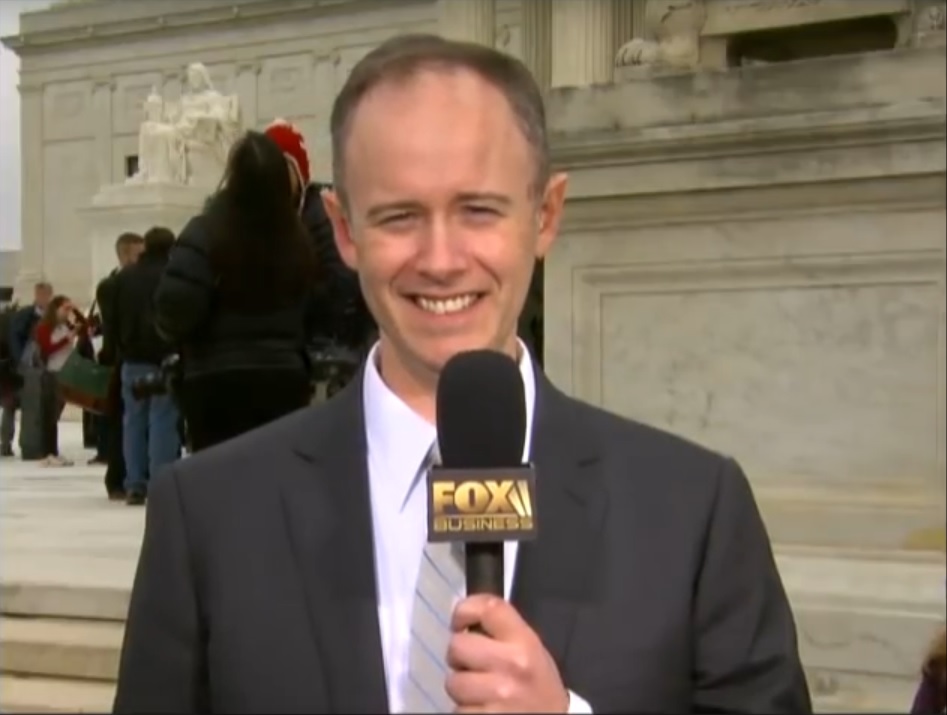The following article is from the National Right to Work Legal Defense Foundation’s bi-monthly Foundation Action Newsletter, July/August 2024 edition. To view other editions of Foundation Action or to sign up for a free subscription, click here.
À la Janus, religious objector to union affiliation is free from all forced payments
The landmark Janus SCOTUS case, argued by Foundation Legal Director William Messenger, profoundly strengthened public employees’ First Amendment rights. But it appears the impact of the case is just beginning.
SAN FRANCISCO, CA – National Right to Work Foundation staff attorneys have been trailblazers in scoring legal protections for independent-minded workers who oppose joining or paying dues to a union on religious grounds. Over the years, Foundation attorneys have helped workers from a variety of faiths secure religious accommodations to forced-dues payment.
Earlier this year, Foundation attorneys achieved a breakthrough in this area of the law. In their case for Thomas Ross, a San Francisco-based employee of security company Allied Universal who sought a faith-based exemption from paying dues to a Service Employees International Union (SEIU) affiliate, Foundation attorneys won an unprecedented settlement. It not only frees Ross from any requirement to pay dues or fees to the union, but also frees him from any obligation to pay an amount equivalent to dues to a charity, which has been the dominant form of accommodation in the past for religious objectors.
Union Demanded Religious Worker Violate Faith, Breaking Federal Laws
Ross is a Christian who opposes union affiliation on religious grounds. Ross informed both the SEIU union and Allied Universal when he was hired in 2020 that his religious beliefs disallowed union membership and that he needed an accommodation. In addition to ignoring that request, in 2022 his employer told him that union membership was mandatory and “demanded that [he] sign a payroll deduction, join the [union], and pay union dues,” according to filings in his case.
Ross fought back by filing federal discrimination charges against the union and Allied Universal at the Equal Employment Opportunity Commission (EEOC), as well as by filing unfair labor practice charges at the National Labor Relations Board (NLRB). Title VII of the Civil Rights Act of 1964 requires unions and employers to accommodate religious objections to union payments. Additionally, the National Labor Relations Act (NLRA) prohibits mandatory union membership, even in non-Right to Work states like California.
Ross’ Foundation-backed legal battle against SEIU and Allied Universal continued into 2023, when Foundation attorneys appealed a specious NLRB decision which attempted to dispose of the issue as a mere administrative error on the employer’s part. Finally, in 2024, the SEIU and Allied Universal backed down and settled the case, conceding a full religious accommodation to Ross.
The terms of the settlement state that Allied Universal and SEIU “will not enforce the collective bargaining agreement’s union membership and fee provisions against Ross . . . [and] will not force Ross to pay any union fees while he is employed by Allied Universal.”
In an article in the Baylor Law Review following the settlement, Foundation attorneys Bruce Cameron and Blaine Hutchison argue that, in light of the Foundation’s landmark 2018 Supreme Court victory in Janus v. AFSCME, religious accommodations like Ross’ should be the standard for future cases involving religious objectors to union membership and dues payment. In Janus, the Supreme Court ruled that the First Amendment prohibits forcing public sector employees to join or pay dues to a union as a condition of employment.
Janus Shows Right Way to Accommodate Religious Employees
The article points out that the Supreme Court in Janus knocked down the so-called “free-rider” and “labor-peace” arguments that union lawyers typically use to justify forcing religious objectors to pay dues money to a charity. In Janus, the article explains, “The Court showed that nonmembers need not pay fees to compensate the union or to prevent labor unrest.”
The payment-to-charity scheme simply “punishes individuals for following their faith,” the article says. “Janus shows the proper solution: religious objectors need not pay any forced union fees.”
“Mr. Ross fought bravely with help from Foundation attorneys, and has opened up a new horizon for religious employees across the country,” commented National Right to Work Foundation President Mark Mix. “The idea that union officials can force religious objectors to make any kind of payment clearly runs counter to America’s core ideals of freedom of religion and freedom of association, and it’s high time that courts recognize more robust protections for those rights.
“However, it’s important to recognize that, regardless of whether an employee’s objection to union affiliation is religious in nature or not, no American worker should ever be forced to subsidize union activities they oppose,” Mix added.







